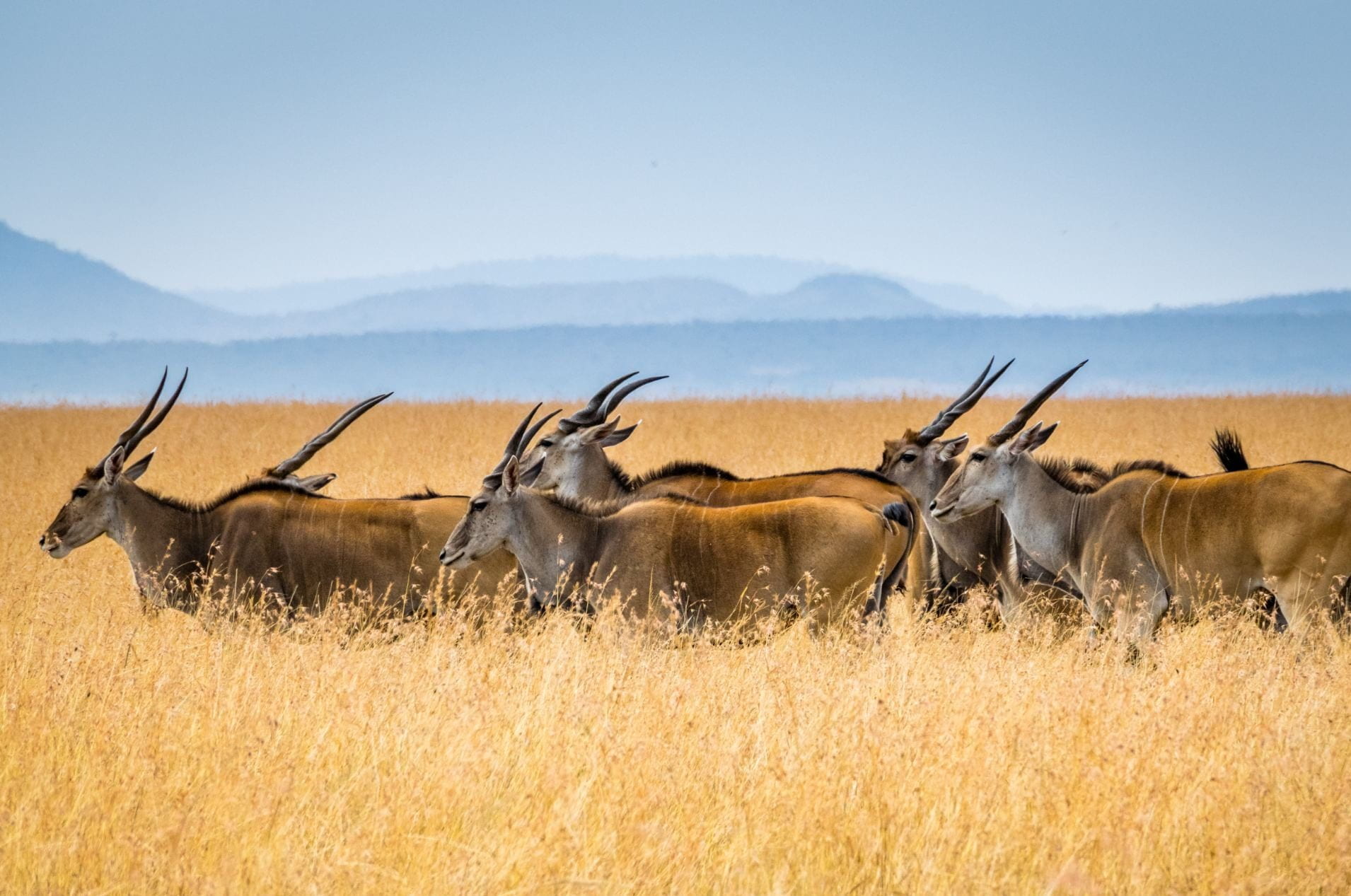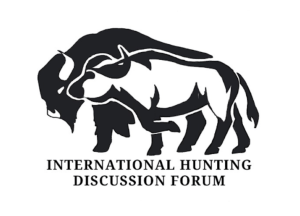
Hunting has been a critical part of human history and culture, linked to human health, wellbeing, and belonging for millennia. Now into the 21st century, did you know that recreational hunting funds over 50% of US state and wildlife budgets and occurs in 14 countries in Sub-Saharan Africa as a multi-billion-dollar industry? Or that land set aside from trophy hunting in Sub-Saharan Africa outstrips national parks? Yet questions remain as to whether hunting will be acceptable to an increasingly modern, urbanized society and its evolving values. In short, hunting—and especially “trophy hunting” in Africa—is a modern-day conservation, ethics, and animal rights controversy.
Within the Keith Tidball Lab, Francine Barchett currently works on several overlapping projects at the intersections of hunting, food security, conservation, and community wellbeing, both in Sub-Saharan Africa and globally:
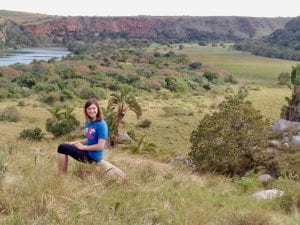
- International Hunting Discussion Forum – provide support for a monthly virtual gathering of leading scholars, practitioners, youth, and women to discuss the tensions between hunting, conservation, and community wellbeing in Africa and globally. Forum membership comprises over 20 institutions from 15 countries and 3 continents and is supported by the African Wildlife Economy Institute (Stellenbosch University), African Wildlife Foundation, Cornell University, and University of Florida.
- Hunting Clients (in Africa) Market Survey – create and administer Qualtrics surveys for hunters who travel to Africa to hunt as well as prospective hunting clientele, professional hunters, and hunting operators. Current and in-progress partnerships include with the Operators and Professional Hunters Associations of Africa, Zimbabwe Professional Guides Association, Botswana Wildlife Producers Association, Namibia Professional Hunters Association, Uganda Association of Wildlife Concessionaires and Hunting Professionals, Custodians of Professional Hunting & Conservation – South Africa, and Backcountry Hunters & Anglers.
Researcher & Program Leader

Ms. Francine Barchett is an applied social sciences researcher, science communicator, and teacher. Based out of Cornell University’s Center for Conservation Social Sciences and the African Wildlife Economy Institute, her PhD research probes the intersections of conservation, community wellbeing, and sustainable enterprise across Southern Africa. She also is founder and program leader of the International Hunting Discussion Forum and sits on the steering committee of the African Wildlife Economy Working Group at African Leadership University.
Advisory Board
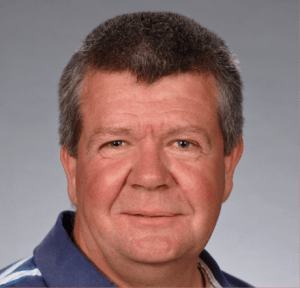
Dr. Brian Child is an Associate Professor in the Department of
Geography and the Center of African Studies at the University of
Florida. He teaches courses such as Parks and People,
Geography of Africa, Community Conservation, and Sustainable
Wildlife Governance. He is also the IUCN Councilor for Africa and
is affiliated to IUCN-SULi as well as the Community Leaders
Network of Southern Africa.
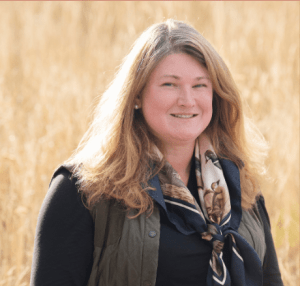
Ms. Catherine Semcer is a researcher, conservationist and nonprofit
leader with extensive experience in anti-poaching initiatives,
environmental security, and climate consulting. She is a Research
Fellow at both the African Wildlife Economy Institute and the
Property and Environment Research Center (PERC). At the latter,
she aims to develop solutions to policy challenges in wildlife
trafficking, pandemics, and conservation area resiliency. Her
research and expertise has been featured in the International
Journal of Environmental Studies, Conservation Biology, The Wall
Street Journal, The Hill, The Financial Times, New York Times,
Forbes, and Smithsonian Magazine, among others. Additionally,
she regularly testifies before congressional committees and has
served as a panelist for the Brookings Institution, Concordia, and
Intelligence Squared US.
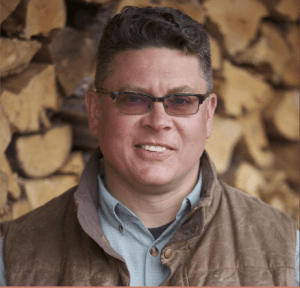
Dr. Keith Tidball is an environmental anthropologist and naturalist
at Cornell University conducting integrated research, extension, and outreach activities in the areas of (1) human dimensions of natural resources management and (2) ecological dimensions of security, understood from across the national security to human security spectrum, and through the lenses of social-ecological system resilience and conservation social sciences. A particular focus is on better understanding how to amplify recruitment of citizen conservationists and how to facilitate the development of a 21st century land ethic. One important avenue to achieving this is ancient and timeless – hunting and fishing. He studies societal acceptance of hunting and angling and cares deeply about hunter and angler recruitment, retention, and reactivation.
